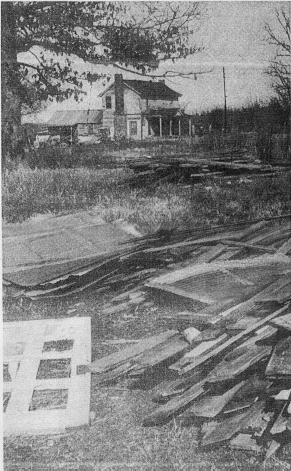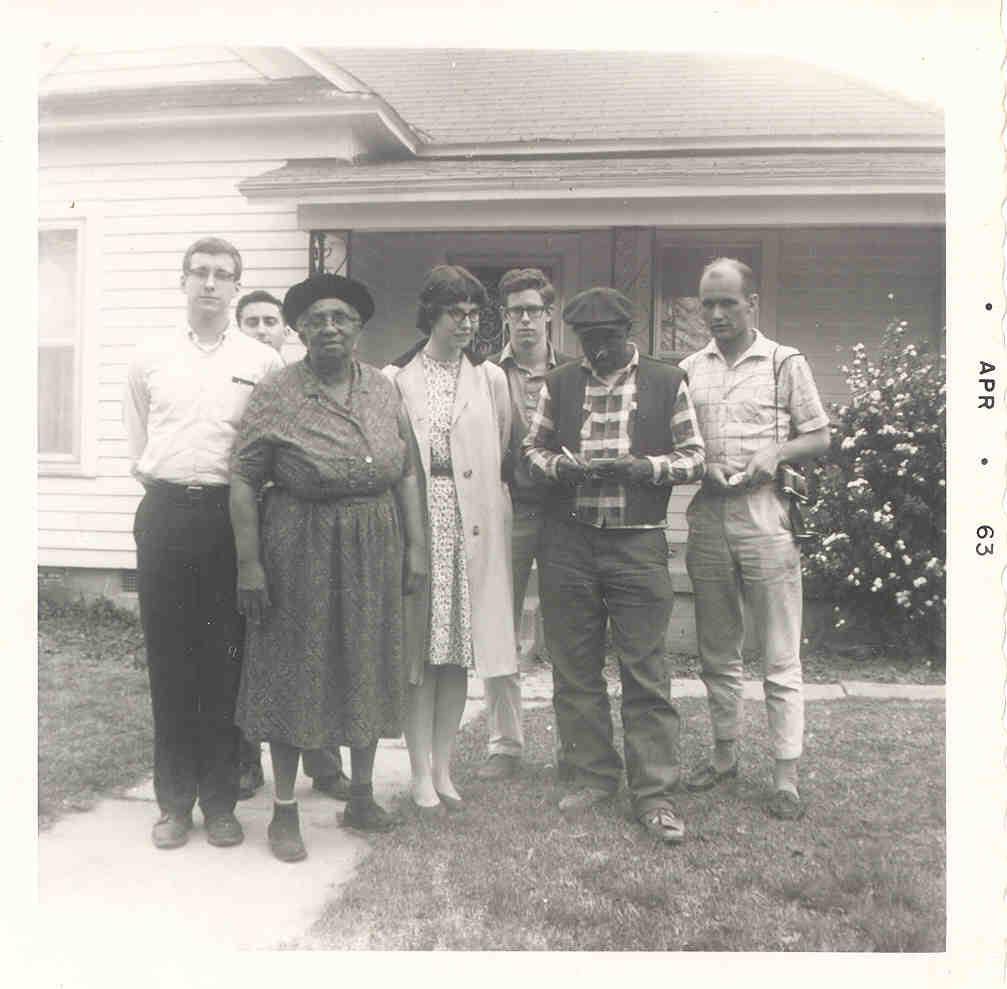Fayette Timeline 1962
May 8, 1962

Source: Ithaca Journal
The Fayette County Commission proposes a prohibitive zoning plan that would effectively exclude blacks from building homes on rural house lots. Civil rights activists believe that the acreage required by the new zoning laws for building a home far exceeds the financial abilities of many blacks.
June 20, 1962

Source: Photograph, Special Collections, University of Memphis Libraries
In 1962, fearing that the Fayette County Commission's zoning plan was intentionally designed to prevent the League from building a meeting space for their civil rights activities, the League purchases land and breaks ground on building for their civil rights activities. This building is called the "Community Center" and is completed in 1966. The becomes the location for League meetings, work program classes, and social engagements.
June, 1962


Source: Top photograph, Special Collections, University of Memphis Libraries. Bottom photograph, Estella McFerren, (John McFerren's mother) with the group of students staying in her home while volunteering. Special Collections, University of Memphis Libraries.
Students from Northern schools arrive in Fayette County to witness the problems facing black citizens and to help wherever possible. Many students work to help build the new community center. Some other students help to build for communications and outreach to both the local and national community and others dedicate themselves to voter registration. During the movement, students from various colleges come to Fayette County to advance the goals of the League.
Viola McFerren Discusses the Students Who Came to Fayette County
2002 documentary project on Fayette County, TN: Special Collections, University of Memphis Libraries.
July 26, 1962

Source: The Commercial Appeal: July 27, 1962, Special Collections, University of Memphis Libraries.
A consent decree ends the lawsuits for both counties and permanently enjoins the defendants from prohibiting voter activity. However, many of these individuals use mechanization as an excuse and evict registered sharecroppers anyway. The settlement stipulates that the defendants agree to not engage in these activities but do not admit guilt to any of the allegations.

